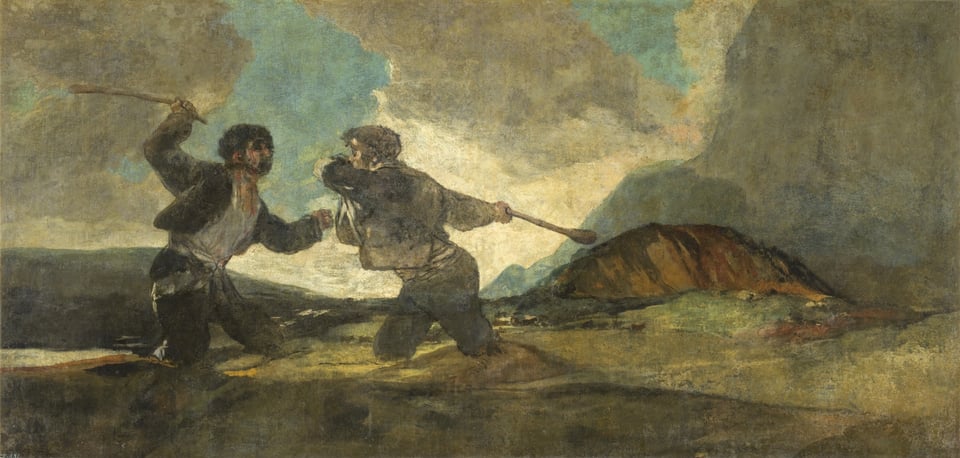Well, here we all still are. I’m finding it difficult to embrace the blithe tone that characterized this project’s early style, so I think it might be appropriate to evolve with the times. Something like a hard-nosed noir might be right for me, especially after my brief turn to the earnestly political.
*Ahem*
Night. Rain. The air, heavy. The streets, slick with neon and hate. An acrid taste in the mouth, blood. Fog rises from a reeking grate, and a dim figure steps forward, cloaked in shadow. A sudden movement, a flash of light, and… what’s that? A job offer? For me? Oh, okay!

You never forget your first.
I’m extremely stoked to share that I have been cast in a supporting role in the upcoming film, Dying Alone, written and directed by Caden Rodems-Boyd. I don’t want to give too much away on the level of plot and character but it’s a real-deal indie feature with ambition and heart and power and humanity. When I read the script I thought, “Hey this is the kind of movie I’ve been dreaming of making, actually?”, and I couldn’t be happier that I’m carrying that energy into my feature debut.
We’re shooting in April. More to come on cast and crew and all that jazz. What a world, what a life.
A diptych from the post-post-apocalypse.
In my mind, the value proposition of this newsletter has been that I’ll market to you about my work, but write charismatically enough that it’s not annoying and maybe even fun for you to keep up with me. However, my diatribe last month re-awakened the terrible knowledge that I enjoy writing about things, not just myself. In that spirit, here’s some words about two art objects I liked recently, if you’re interested.
Caves of Qud is a 2024 video game developed by Freehold Games. Always Coming Home is a 1985 novel by Ursula K. Le Guin. Both deal with a real location on Earth. Both are set untold millennia from now, all the way through and out the other side of an interplanetary civilization’s ecological and social collapse. They are stories of afterwards. In Caves of Qud, we’re in the Levant, under the shadow of a defunct space elevator on the dried-up shores of the Mediterranean. In Always Coming Home, we’re in the Napa Valley, which now opens onto a sea atop the submerged San Francisco Bay.
The way these works converse fascinates me. They share many features, not least of which are an embrace of the resonances and ambiguities of their real-life settings (see: the ladder to heaven in al-Quds). Their stories and structures are suffused with cyclical motifs, down to iconographically significant use of the word “gyre”. The true natures of their worlds are revealed piecemeal, as the game is semi-randomized and non-linear while the book is deliberately fractured with no section concluding without some interruption from another, each play-through or chapter accreting meaning like historical strata. They are academically framed, with the player in Caves of Qud taking on the metaphorical role of an archaeologist exploring ruins and tombs, while Always Coming Home is presented as an anthropological textbook of oral histories, drawings, poems, myths, and more. I could go on.
They differ in a pretty important way, though, and that’s their relationship with violence. How you read a game is by playing it, and the primary interactive mode as a player of Caves of Qud is doing violence. How you advance its plot, learn about its world, and ultimately create meaning is by killing and, in turn, dying. That’s not a negative statement. It is aesthetically coherent and very fun to kill things in Caves of Qud. My point is that the story depends on the player doing violence, and so the player is encouraged along that path by a heroic, half-messianic, half-slapstick narrative of growing power justifying growing violence.
Always Coming Home, on the other hand, treats violence (and heroic narrative) with intense suspicion, as that’s the attitude of the culture the book is surveying, as well as Le Guin’s own theory of fiction. The academic posture of the book precludes the development of straightforwardly heroic narratives, along with their accompanying violences. Even the most novelistic element here, which features the clearest characterization and plot, is an oral history in three parts recounted by a woman who suffers greatly from somebody else’s heroic exercises. These sections hinge around inversions of questing tropes, and are thrilling in their own right, but the feeling I’m left with is envy for the way of life these people have lovingly teased from the blasted remains of their Earth.
The works both seek a remedy to what Le Guin calls “the sickness of man”, those urges that ruined the old world and threaten the new. The solutions they find are starkly different. Caves of Qud says, not uncritically, “just one more job”. Always Coming Home says, resolutely, “never again”. Both responses are necessarily appropriate for their artistic worlds, masterpieces each. But what of ours?
Briefly returning to the earnestly political.
Alas! I continue to encourage hectoring your representatives as they continue to do absolutely nothing to stop The Bad Situation despite soliciting 75 million of your votes and $1.15 billion of your dollars against it just a few short months ago. However, until such a time as a mass protest movement emerges (and when exactly that happens is up to you), the putative opposition does sadly remain the primary obstacle on the path to an Even Worse Situation. Except they seem not to realize this.
So may I once again offer the opportunity to get on the phone and yell at these fucking worms, these spineless worshippers of fantasy politics who would sooner see you and your friends dead than be rude to a Republican, whose best response to the streamroller in front of them is to ask whether they should lie face up or face down? Link here, again: https://5calls.org/.
And, of course, as always, the street beckons.
Love ya,
Carl

This Is Uvalde | Defector
Welcome to Margin of Error, a politics column from Tom Scocca, editor of the Indignity newsletter, examining the apocalyptic politics, coverage, and consequences of Campaign 2024. Should Democrats attend Donald Trump’s address to the joint session of Congress Tuesday night? The party can’t decide what to do. Some Democratic senators and representatives want to boycott the event, […]

A Television Show Called The USA - by Hamilton Nolan
Washington gapes at the proceedings.

Ursula K. Le Guin — National Book Foundation Medal: Ursula's Acceptance Speech
You just read issue #18 of The Carl Bindman Newsletter. You can also browse the full archives of this newsletter.
Add a comment: